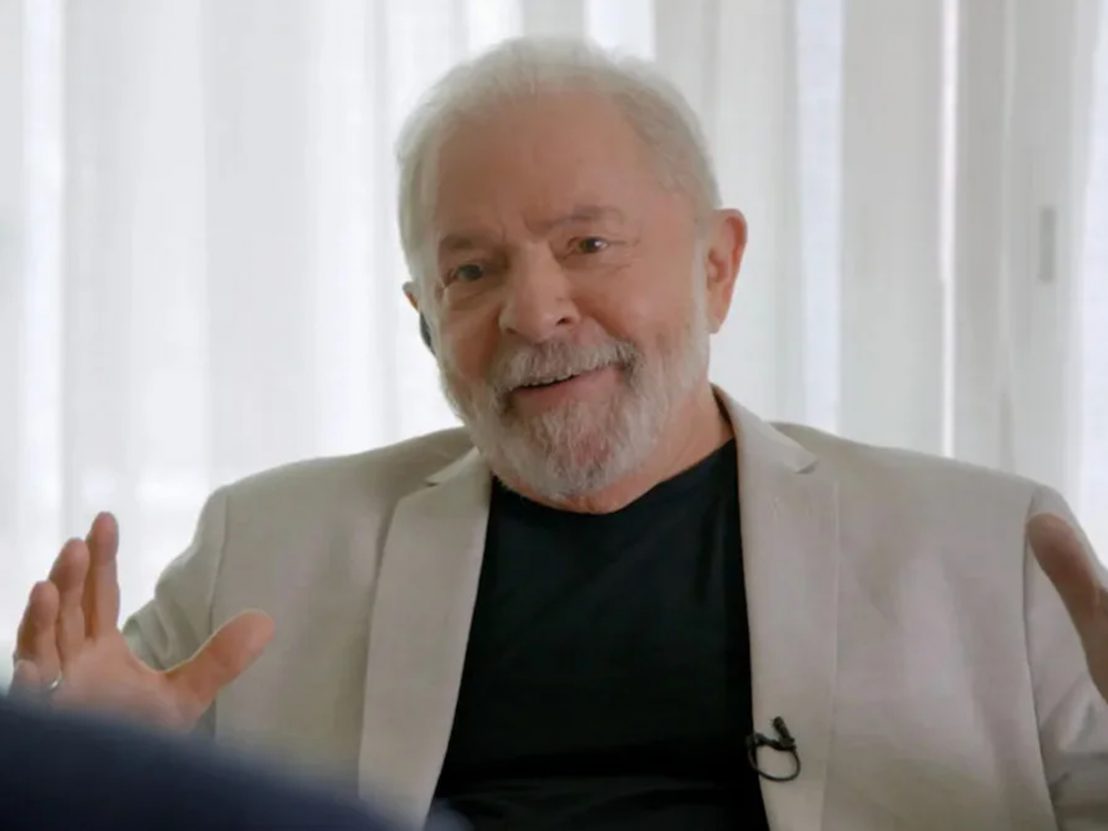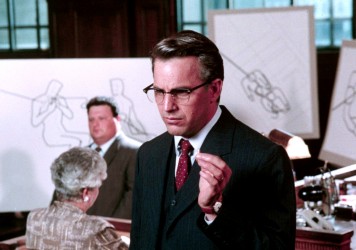
Oliver Stone's portrait of Brazil's beloved president sadly fails to really capture what it is that makes Lula da Silva such a galvanising political force.
Oliver Stone’s latest documentary is about two men: the titular Lula, and Oliver Stone. It is 2022 and the American filmmaker reunites with the Brazilian politician for the first time since 2009’s South of the Border, Stone’s attempt to chronicle the Pink Tide that saw South America lean into left-wing governments and more socially and economically progressive leaders.
In the fifteen years since that last meeting, much has changed in Brazil (and South America). With Lula, Stone sets out to better understand how the country he left many years ago, one that venerated the man at its helm, could so violently turn their backs on its leader. How could one of the greatest rising modern democracies fall into the hands of fascism? This is, of course, a great, pertinent question, but Stone is much more interested in being the man with the answers than he is in the answers themselves.
The documentary is structured around an interview between Lula and Stone recorded soon after the politician was released from 18 months of unlawful imprisonment and right before the presidential election that would lead to his third mandate. The two speak via an interpreter, a level of separation that is not an issue in itself but emphasises the expanding gulf that lies between the men. Stone’s gaze — both physical and cinematic — is unfocused and ever-shifting, and the questions that he asks are superficial, a guiding frame concocted solely to be interwoven with the archival material of Lula’s rise and demise.
The footage shows Lula as a small boy growing up in the Northeast of Brazil as one of many children raised by a single mother with little means. Like many other Northeasterners in the 1950s, the Silvas leave their homeland for the promises of São Paulo, Lula quickly becoming the family’s breadwinner through money made as a steelworker. It is the steel company’s union that first entices the young worker into a life of politics and ushers in the birth of the Labour Party he would come to spearhead.
Barack Obama once called Lula “the most popular politician in the world”, and it is easy to see why. Beyond the president’s groundbreaking socially-focused initiatives that lifted 20 million people out of poverty, Lula is just a very, very likeable guy. He speaks candidly and beautifully about his commitment to the people and his calling as a leader, both a privilege and a curse. When Stone prods at Lula’s relationship with the American government, the president answers in a refreshingly candid way. Hilary Clinton hates South America; Bush was a better partner than Obama; the US wants nothing but to keep Brazil in its place as a tame, third-world colony.
One would think hearing all of this spoken with such clarity would elicit at least a sliver of self-reflection from Stone, who purposefully inserts himself in the frame as the equally relevant counterpart in this conversation, but that epiphany never comes. The filmmaker then enlists journalist Glenn Greenwald, yet another American with a famous interest in Brazil, to help elucidate Brazil’s fall into the hands of Bolsonaro and the right-wing movement. The conversation between the two Americans plays as an over-extended YouTube explainer, Stone sitting awkwardly on a wooden bench parallel to Greenwald as his lack of knowledge on the subject grows clearer and clearer.
During his Lula introduction at Cannes, Stone claimed his film would endear the politician to the agnostics and downright opposers. That he was saying that to a room very clearly filled with nothing but passionate supporters says much about the film he was about to present, yet another effusive pat in the back from an American director whose uncurious, self-congratulatory gaze does very little justice to the legendary man he sets out to portray.
Published 22 May 2024

By Taylor Burns
Though heavily dramatised, Oliver Stone’s gripping procedural asks some vital questions about liberty and power.

Oliver Stone is at his most conspiracy-minded in this entertaining but outlandish doc on the JFK assassination.